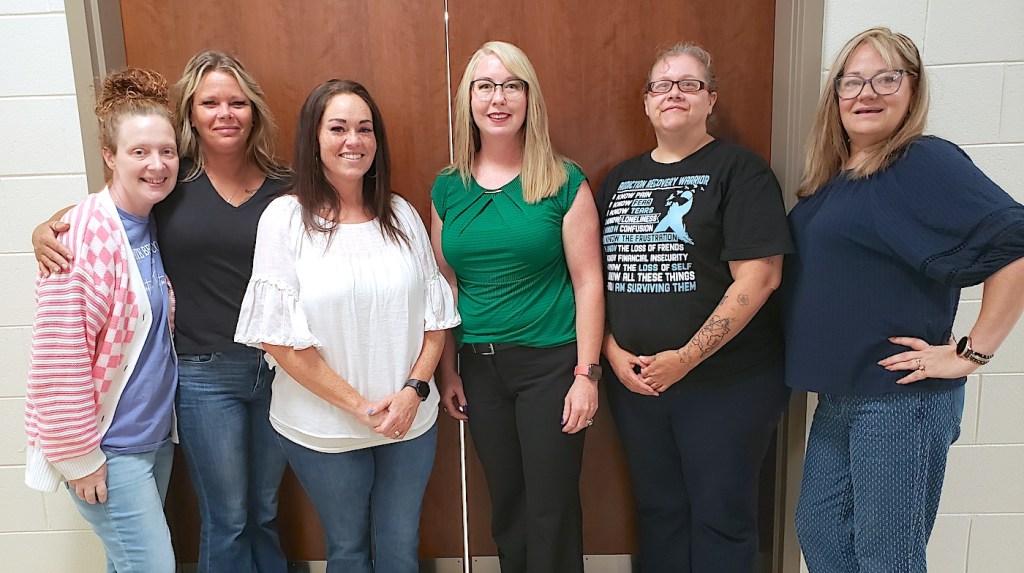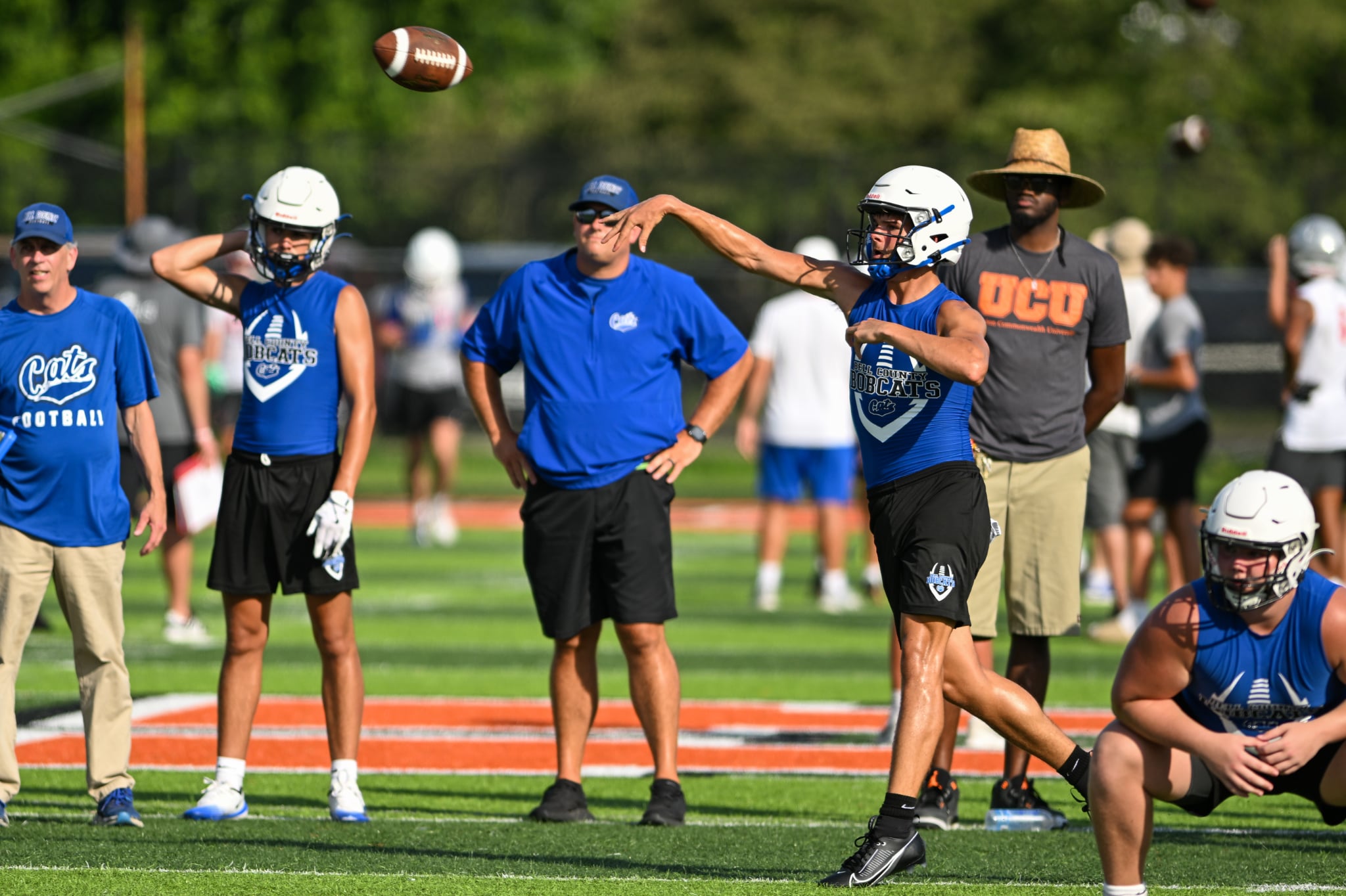Bell County certified as Recovery Ready Community
Published 4:17 pm Monday, June 2, 2025

- Pictured from left are UNITE Bell County Coalition board members Jennifer Owens, Brandy Bishop, char Jeannette Lam, vice-chair Pam Sulfridge, Shannon Johnson and Jacinda Miracle. Not pictured are board members Annie Nierengarten, Becca Brooks, secretary Hope Huddleston, and treasurer Kathy Woolum. The group is pleased to share the news that Bell County is now a Recovery Ready Community. (Photo by Jay Compton)
Bell County is one of four counties certified last week as Recovery Ready Communities. Gov. Andy Beshear announced that Bell, LaRue, Marion and Washington counties had earned that designation.
The Governor said that by certifying those counties the nearly 71,000 Kentuckians residing in these communities can access second chance employment, safe sober living housing, health care and treatment. Counties are recognized for having established services for residents who are seeking help for drug or alcohol addiction in three different categories – prevention, treatment and recovery support. Now 25 of Kentucky’s counties are recovery ready.
“Kentucky has made great progress in reducing addiction and overdose deaths, and to continue this momentum we must ensure every community has access to critical resources,” Gov. Beshear said. “I am grateful to these four counties for doing the hard work needed to provide employment, treatment, housing and health care to those in their communities who are in addiction recovery or have been released from incarceration. They are making their communities safer and ending generational cycles of crime and addiction.”
Trending
The local effort to earn Recovery Ready Community status was spearheaded by Pam Sulfridge, the vice-chair of UNITE Bell County. She and president Jeannette Lam announced their achievement during their monthly meeting at Southeast Community and Technical College last Monday.
“We are proud to be recognized as a Recovery Ready Community,” Sulfridge said. “This certification reflects the hard work and dedication of our community members, organizations and leaders who are committed to making a difference in the lives of those affected by substance use disorders.”
Lam gave a special thank you to Sulfridge.
“She was the leader and the one who was so committed to seeing us become a Recovery Ready Community,” she said. “It was tedious work and a very lengthy process.”
Sulfridge said it’s something they’ve worked on for over a year now.
“We came together as a group, gathered the resources and audited what resources are available in the Bell County area,” she said. “It was also about seeing what gaps we have and where we need to fill in those gaps.”
Trending
Sulfridge mentioned sober living for men and women as well as more hard reduction programs as a few of those gaps.
“Our harm reduction category graded much higher than I thought it would. We’re doing great with opioid overdose prevention in Bell County so that helped us a lot and we’re doing big things as far as helping those underserved populations in this area,” she added.
Bell County has strong community coalitions such as UNITE, Crater of Hope, Winds of Change and a robust network of quality treatment providers to more than 23,000 Kentuckians.
The Cumberland River Recovery, Hope, Opportunity and Resiliency Center for Women, boasts over 100 inpatient treatment beds for women in addition to 52 affordable family living units allowing women to be reunited with their children upon completion of treatment and transition into recovery.
The county is also focusing on prevention in Bell County Schools through the “Too Good for Drugs” program while increasing reentry support for those nearing release from the Bell County Detention Center. The Bell County Health Department has partnered with University of Kentucky Healthcare, Cumberland River Behavioral Health and Appalachian Regional Hospital to provide an almost fully comprehensive harm reduction outreach program for residents while also connecting patients with addiction treatment prior to discharge.
If you or a loved one are struggling with addiction, the KY HELP Call Center can connect you to treatment by calling 833-8KY-HELP (833-859-4357).
Information about treatment programs all across the commonwealth is available at FindHelpNowKy.org. Information on how to obtain the life-saving drug naloxone, which is used to reverse an opioid overdose, can be found at that website as well as at FindNaloxoneNowKy.org and FindMentalHealthNowKy.org.
Visit the Kentucky State Police website to find one of KSP’s 16 posts where those suffering from addiction can be paired with a local officer who will assist with locating an appropriate treatment program. The Angel Initiative is completely voluntary, and individuals will not be arrested or charged with any violations if they agree to participate in treatment.






